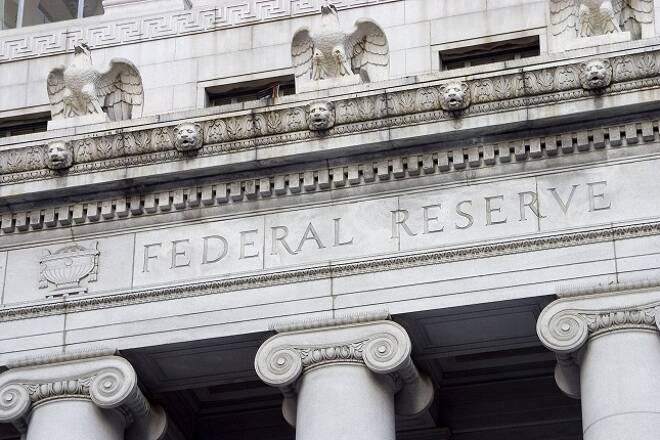Advertisement
Advertisement
Stocks Consolidate Ahead of Yellen, Despite Mixed Data
By:
European stock markets are narrowly mixed in the wake of a heavy data round and as the global stock market rally runs out of steam. The FTSE 100 managed
European stock markets are narrowly mixed in the wake of a heavy data round and as the global stock market rally runs out of steam. The FTSE 100 managed to come back from early lows and is posting a narrow gain after lower than feared inflation numbers, which put pressure on Sterling. The DAX meanwhile is nearly unchanged after German growth numbers missed expectations and ZEW investor confidence took a hit. Elsewhere in the Eurozone, however, bourses moved slightly higher, as the downward revision to Eurozone growth also took some pressure off the ECB to taper its asset purchase program. The Euro Stoxx 50 is unchanged as MIB and IBEX moved higher and counterbalanced the dip in the DAX. Asian bourses closed in the red as investors hold back ahead of Yellen’s testimony. Nikkei and Topix underperformed as the Yen strengthened.
WTI crude prices are up at 53.35. Prices are continuing to seemingly gravitate towards the $53.0 level as the market continues to track in the broadly sideways trend that’s been in place since early January. OPEC, nearly seven weeks in to its six-month plan to lift prices to around $60 with supply cuts, which the collaboration of Russia and other non-cartel producers, may be feeling frustrated by U.S. shale and other relatively high-cost production increases, which is keeping a lid on the market.
German January Inflation Was In Line with Expectations
German January HICP inflation was confirmed at 1.9% year over year, in line with the preliminary number and up from 1.7% year over year in December. The breakdown confirmed that the rise was driven by energy prices. Prices for heating oil rose 42.5% year over year, petrol prices were up 12.8% year over year and excluding mineral oil products, German inflation would have been just 1.3% year over year. So, while the German headline HICP rate is pretty much in line with the ECB’s definition of price stability as close to, but below 2%, the numbers back Draghi’s argument that the uptick is due to temporary base effects.
German Q4 GDP was lower than expected at 0.4% quarters over quarter, while Q3 was revised down to 0.1% from 0.2% reported initially. Despite this the full year 2016 growth rate was confirmed at 1.9%, or 1.8% on a calendar adjusted basis, in line with the initial estimate already released. Net exports meanwhile detracted from overall growth as import growth outstripped export growth. With nominal trade data still showing record exports, that won’t stop Germany’s critics, however, even if part of the nominal trade surplus is a result of lower oil prices.
About the Author
David Beckerauthor
David Becker focuses his attention on various consulting and portfolio management activities at Fortuity LLC, where he currently provides oversight for a multimillion-dollar portfolio consisting of commodities, debt, equities, real estate, and more.
Advertisement
